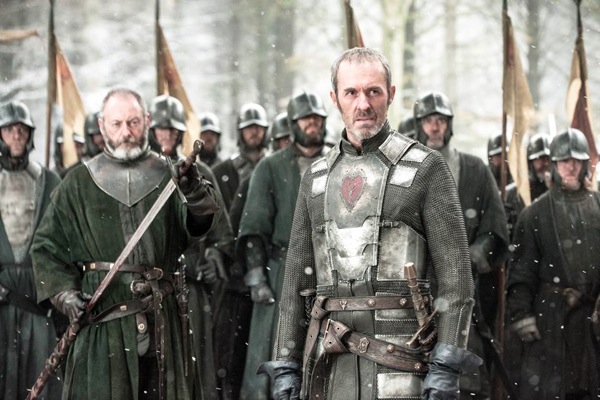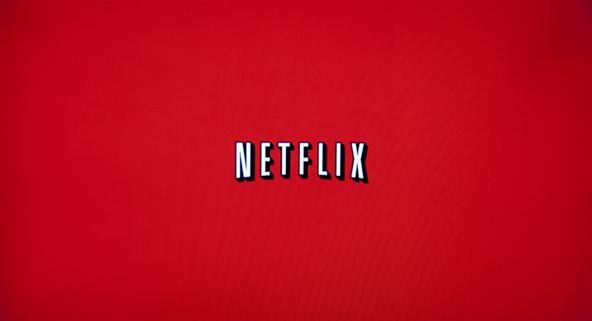Should HBO Skip Screener Copies for Season Six of Game of Thrones?
Written by Ian Thomas Malone, Posted in Blog, Game of Thrones, Pop Culture
It took HBO about two weeks to respond to the pirates who leaked the screener copies of the first four episodes of season 5 of Game of Thrones. Given the ratings records set by the premiere, it’s hard to accurately assess the damage. The warnings sent out suggest that HBO isn’t particularly interested in a bunch of lawsuits which would likely lead to nowhere anyway. It’s hard to imagine that HBO is particularly pleased with the leak though, which makes me wonder how HBO will handle the release of season six.
Networks generally send out screener copies of the first four episodes of new seasons to publications as a way of generating buzz. Since most shows aren’t a worldwide phenomenon, piracy tends not to be too big of a problem. With a show like Game of Thrones, a leak was practically inevitable.
HBO has been pretty proactive in its efforts to combat piracy. The recently launched HBO NOW offers HBO without a cable subscription for a flat rate of 15 dollars a months (currently only available on Apple Devices). This was also likely done as an effort to try to get millennials and others who have gotten rid of cable, but use their parents’/friends’ HBO GO to pay. HBO NOW hasn’t been around long enough to determine whether or not the service has been a success, but the idea is fundamentally sound.
While the presence of HBO NOW might help cut down on piracy in general, it wouldn’t have prevented the leak. The screener copies had content that no one could see legally for weeks after the premiere. The only way to prevent the screener copies from leaking is to stop sending them out entirely.
The benefits to this are pretty easy to see, but the risks are a little more complicated. One might argue that a show like Game of Thrones doesn’t need to get a stamp of approval from The New York Times or Entertainment Weekly and there’s something to that. Problem is that buzz has value that’s hard to quantify. The mass exposure from hundreds of publications does play a part in the success of the show.
Many of those features would still exist without the screeners, but it’s not hard to imagine a reduction if they weren’t sent out ay all. It’s harder to write about something when you don’t know the specifics. Those publications might turn their attention, and cover stories, toward other shows instead. Game of Thrones’ massive popularity makes that harder to fathom, but it’s still a risk that HBO would need to take into consideration.
Which brings us back to the damage. If Game of Thrones sets ratings records, are the leaks really a problem? Would 10 million people have watched the premiere instead of 8? There’s no way of knowing, but it does stand to reason that the number would be higher. How much that matters is up to HBO.
The solution that I would consider if I were head of HBO would be to reduce the number of episodes included in the screener copies. Four might be the standard, but cable shows also generally have thirteen episodes a season. The screener copies account for 40% of the whole season. Cutting that down to two would reduce the potential damage while also appeasing the big publications.
One option I would not consider is a switch to a Netflix delivery style, mostly for reasons I covered in my recent article on House of Cards. For a show of Game of Thrones’ magnitude, dropping all the episodes in one fell swoop isn’t a great way to get proper bang for your buck. That would actually exacerbate the spoiler problem as people would know the ending right from day one.
Piracy will always be a problem for massively popular shows. HBO could reduce its subscription fees to a dollar a month and this would still be the case. There are some possible ways to cut back on the damage though which HBO should consider as the show goes on and the stakes are raised. When the final season rolls around and the death count starts to skyrocket, HBO isn’t going to want people knowing who lives and who dies weeks in advance.












